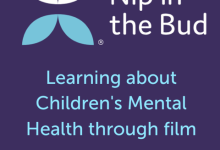From a council estate in Tower Hamlets, to studying English at Oxford: how Zero Gravity helped to unleash Fiona Zeka’s potential
Born to Kosovan refugees who moved to the UK with limited resources, Fiona knew that getting to Oxford University was far from a done deal.







